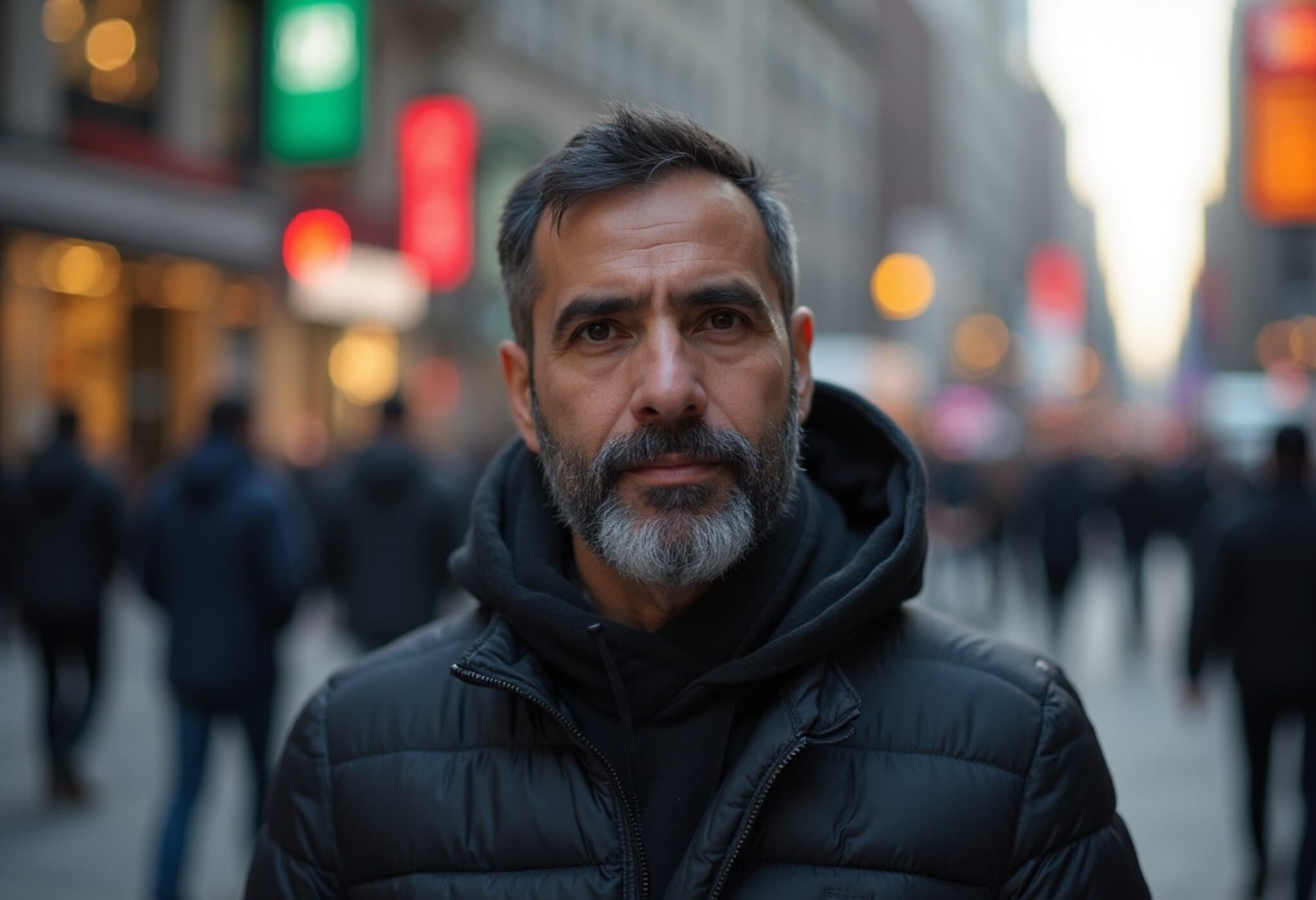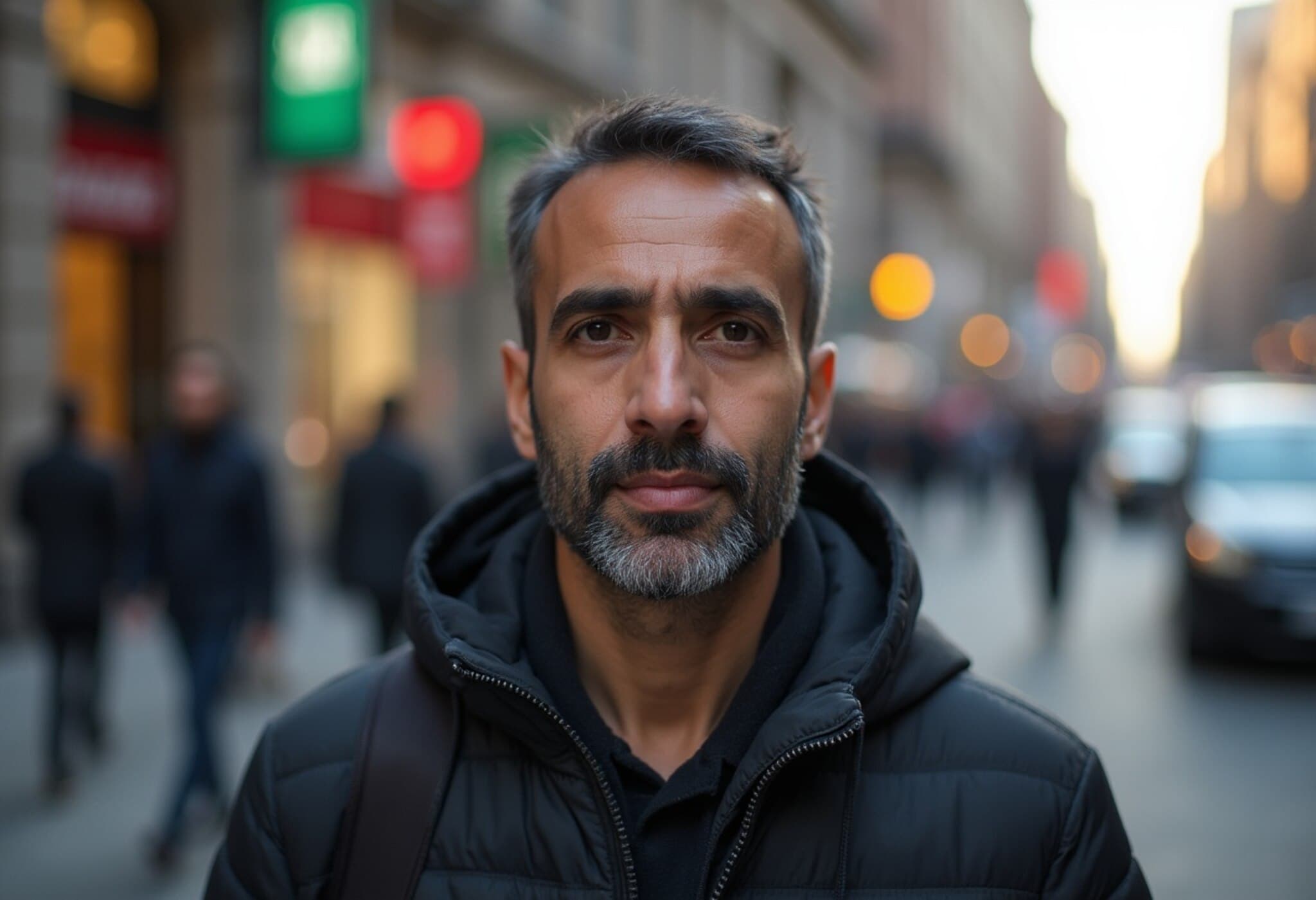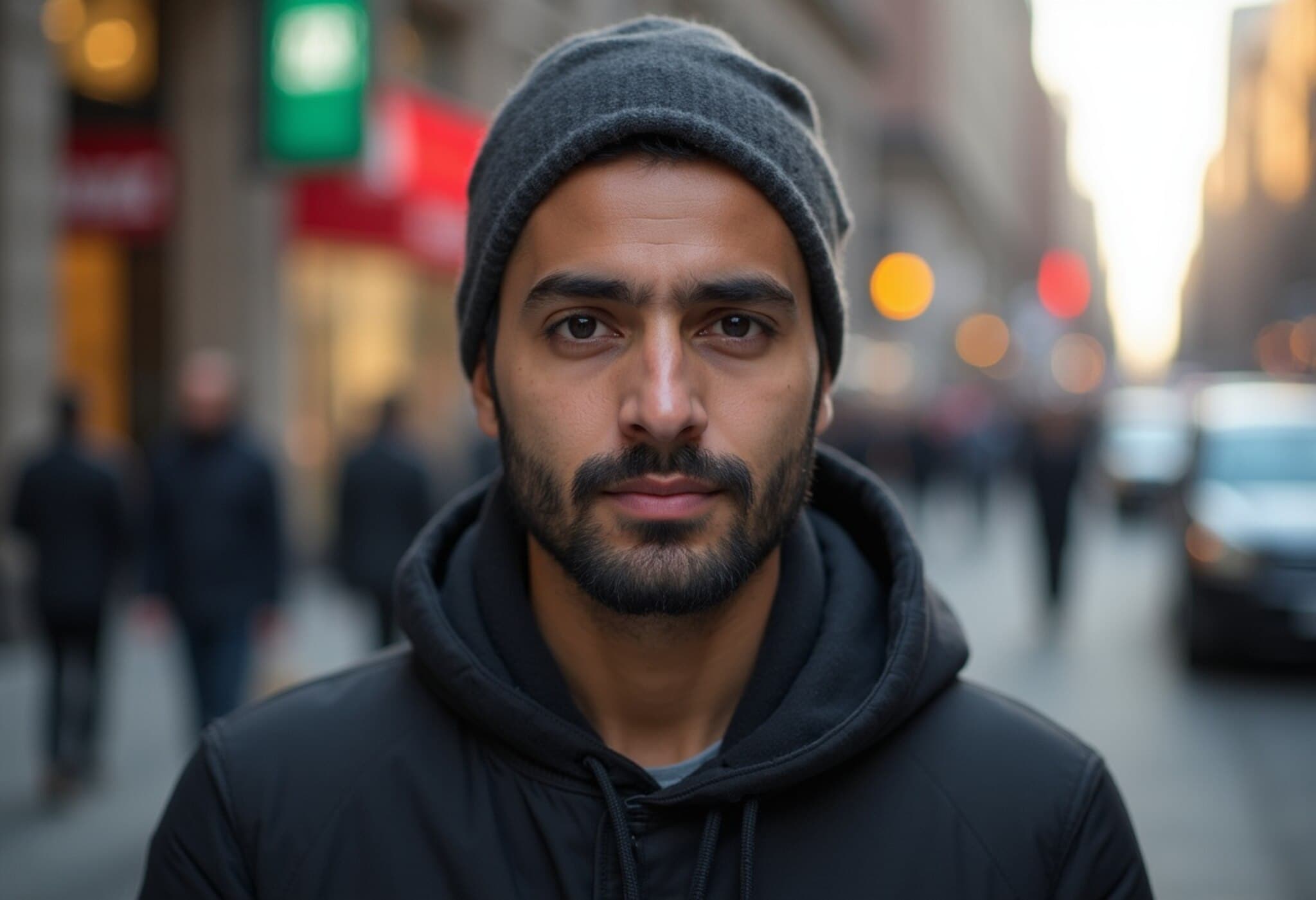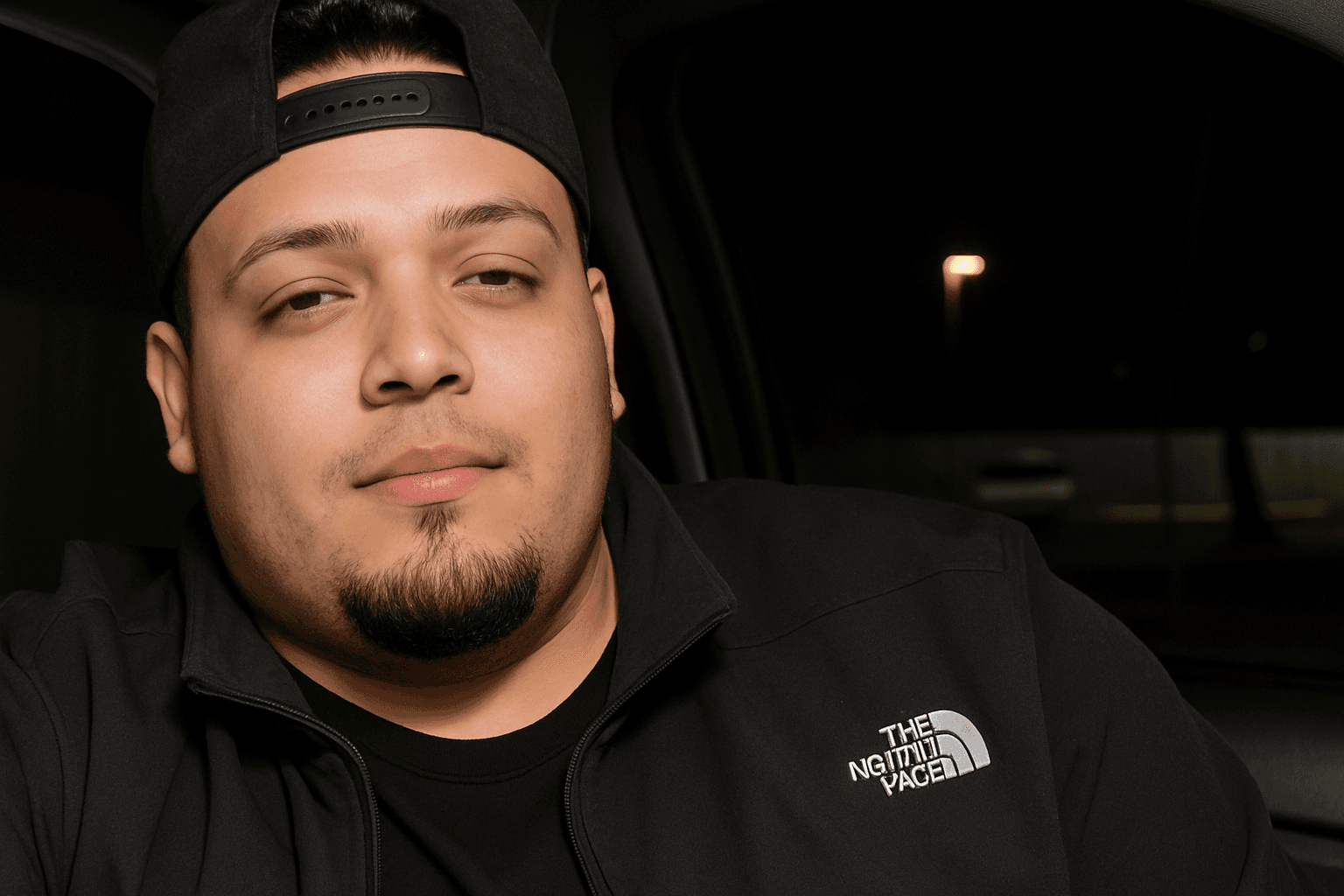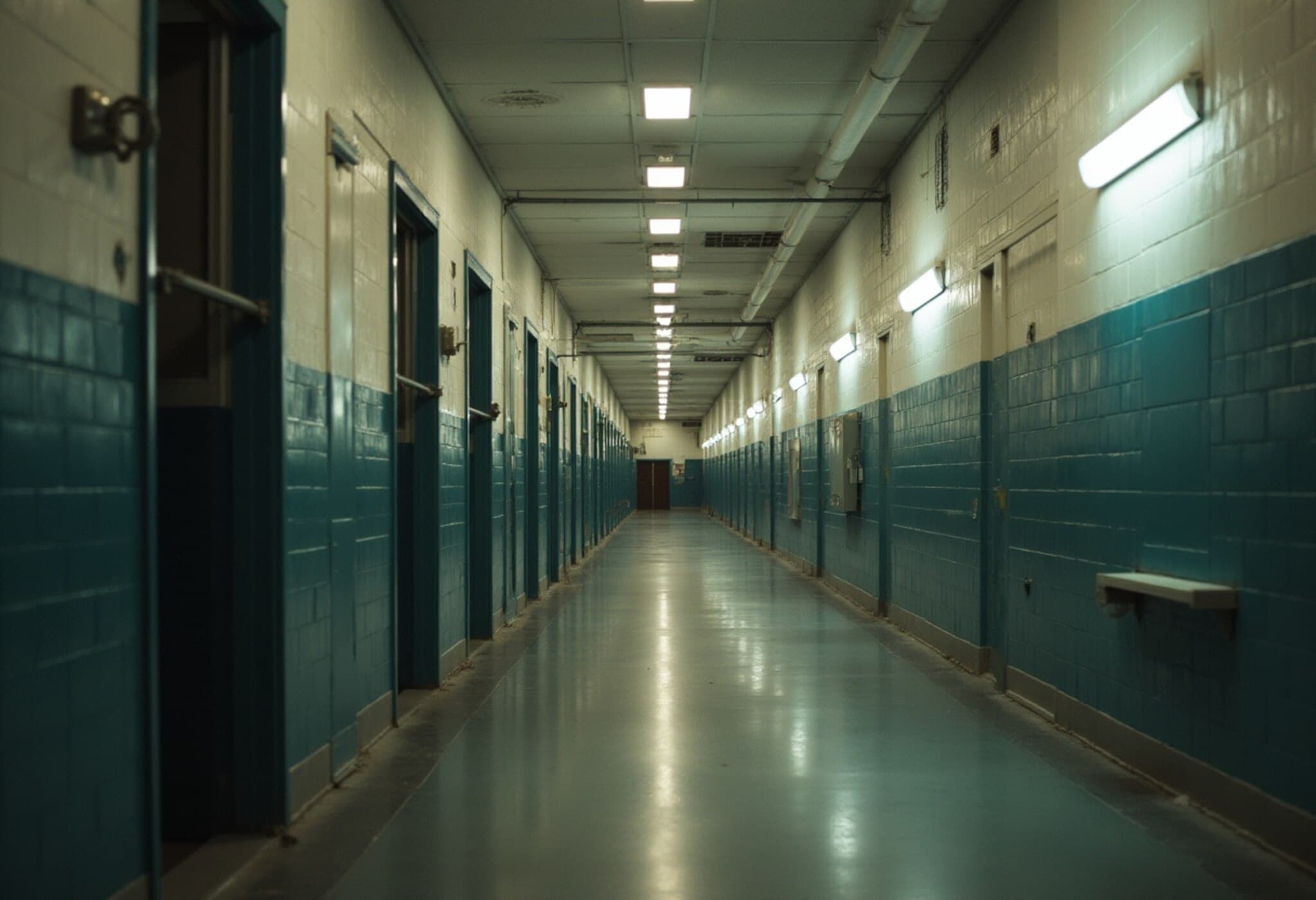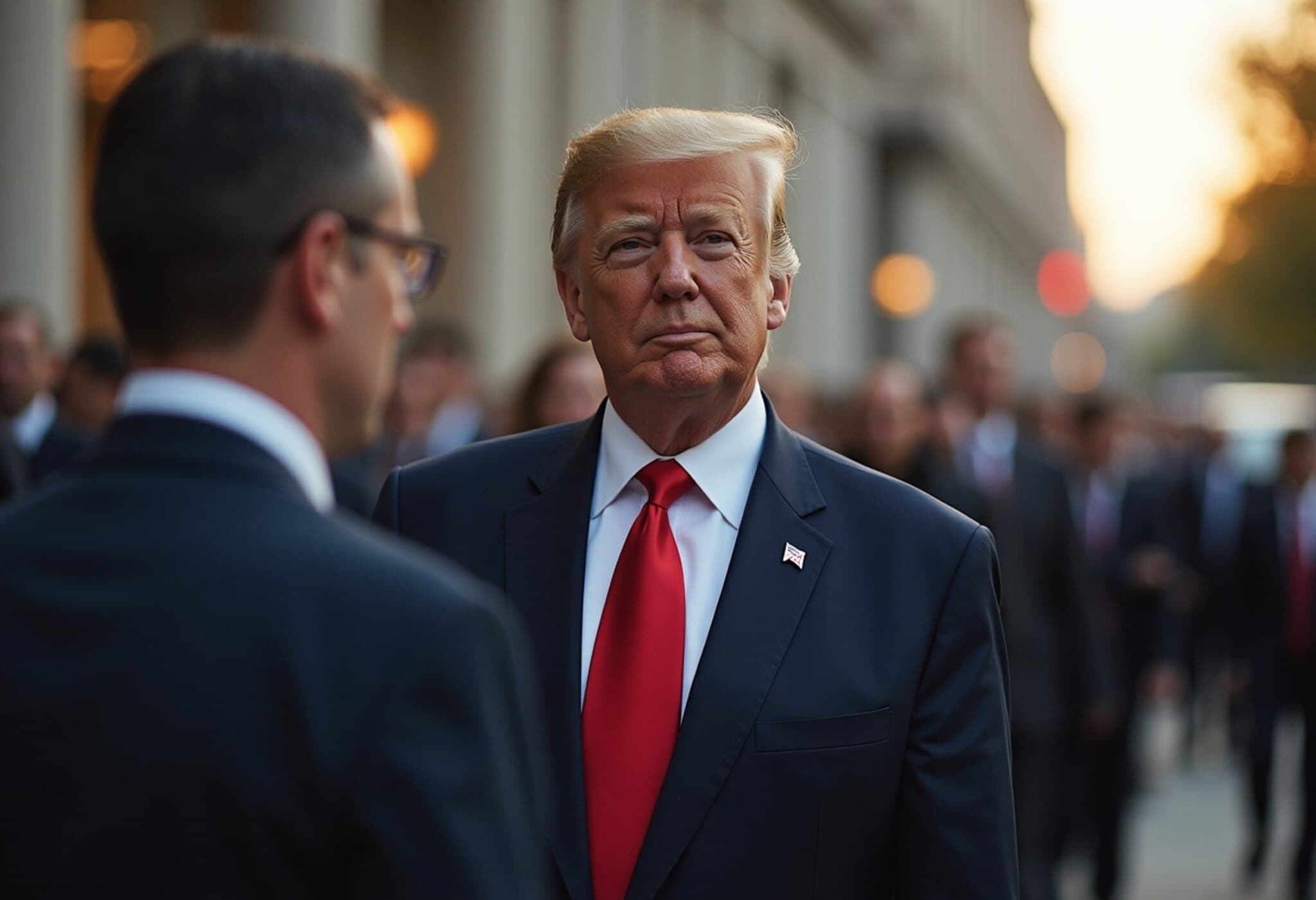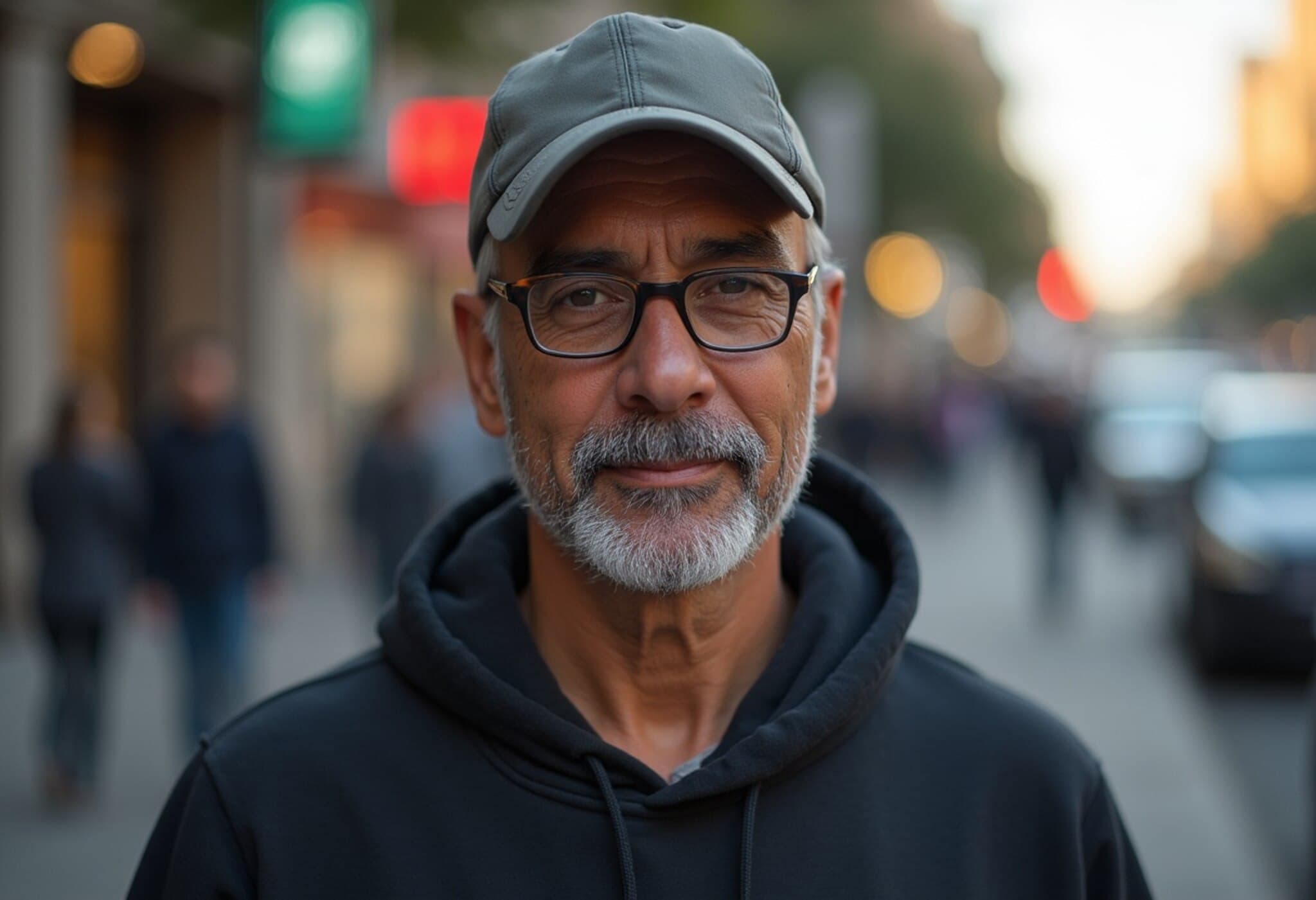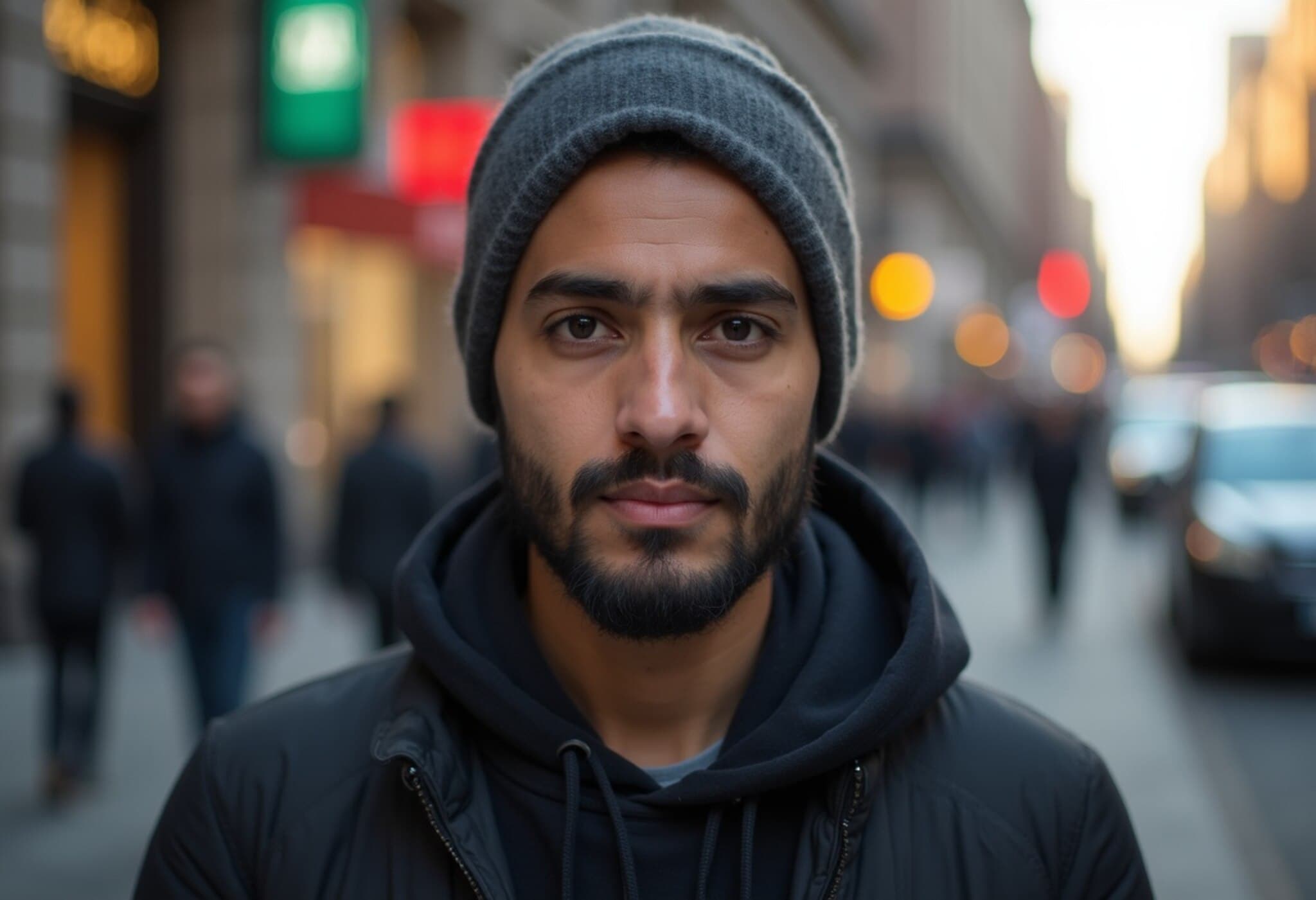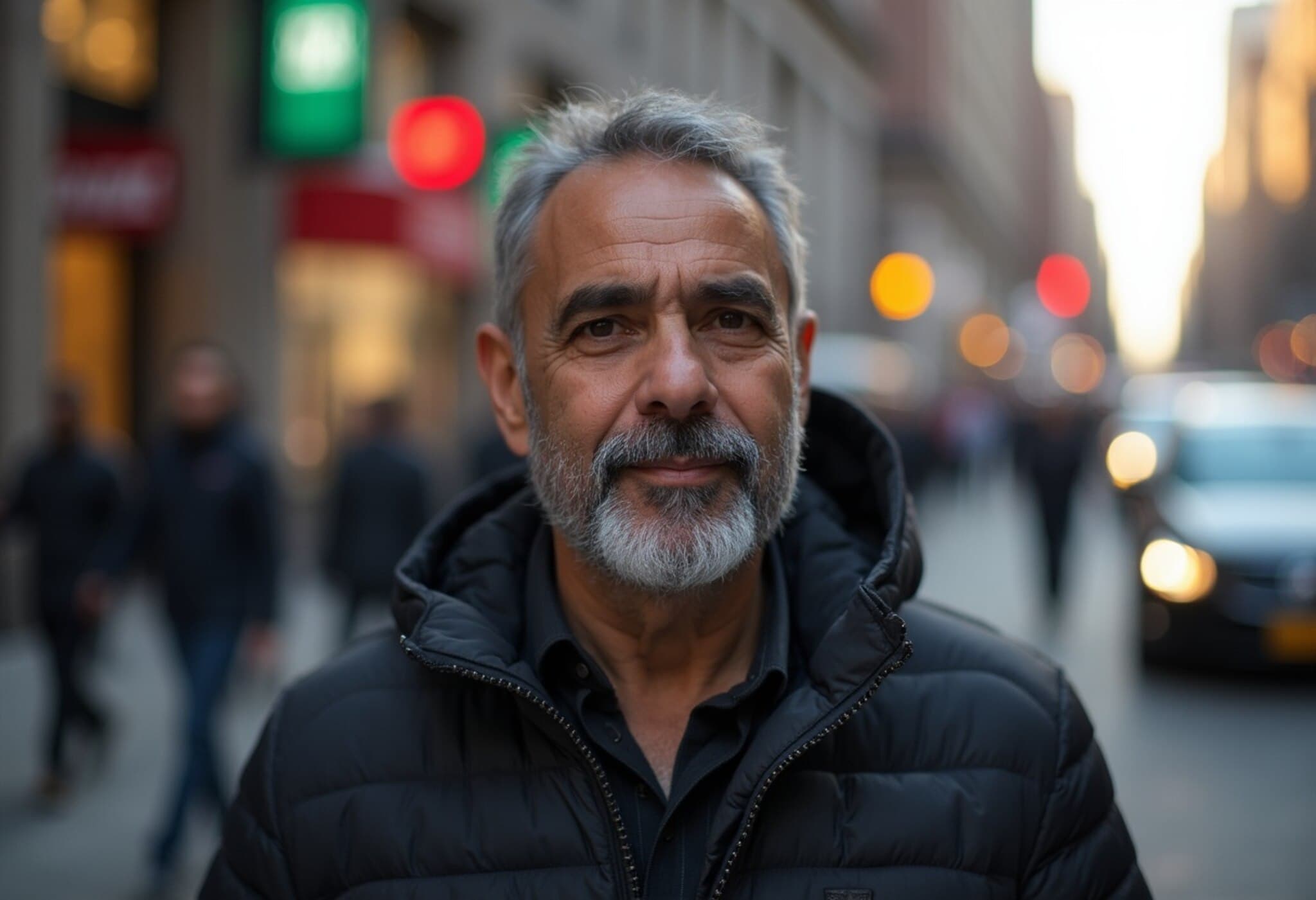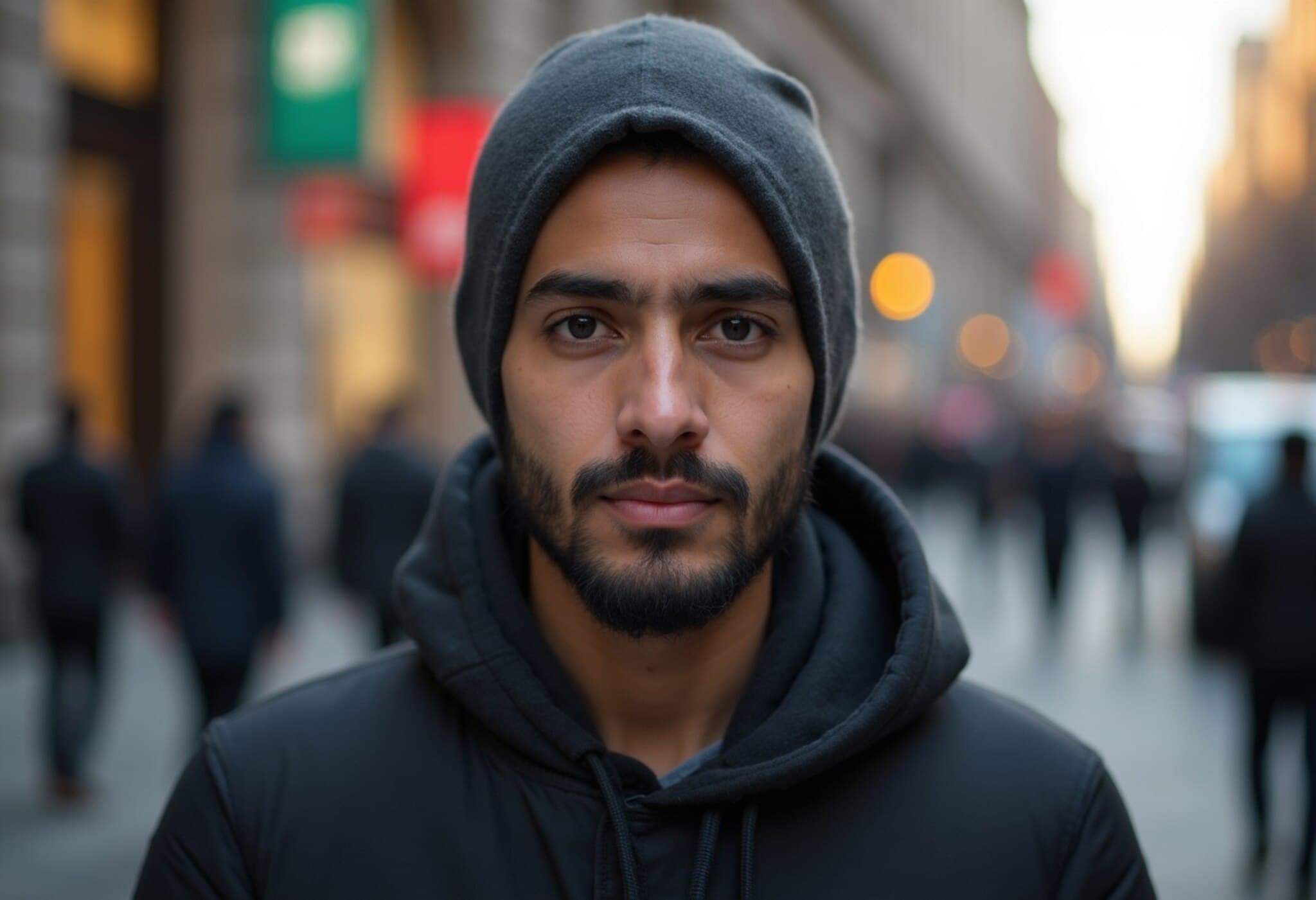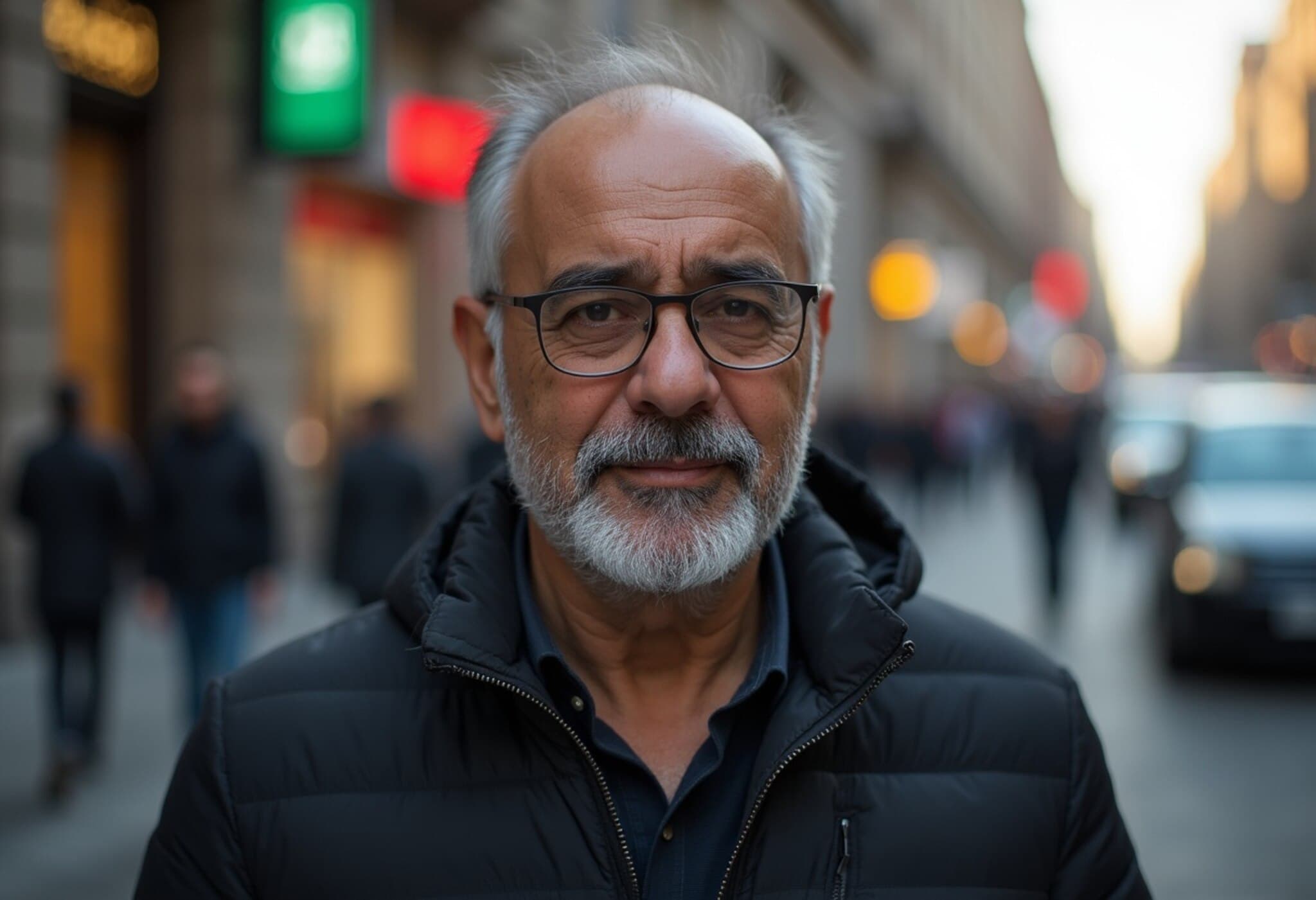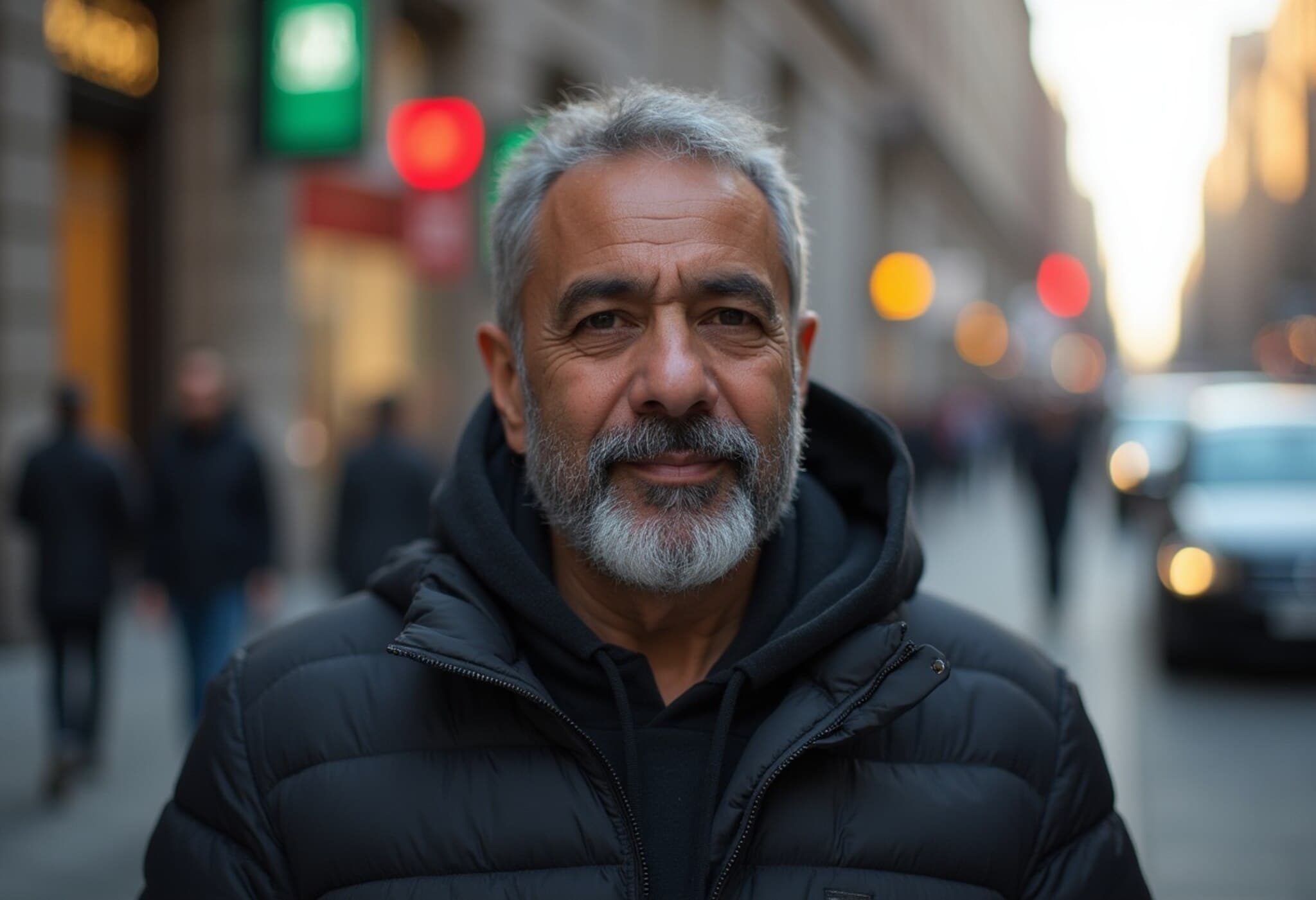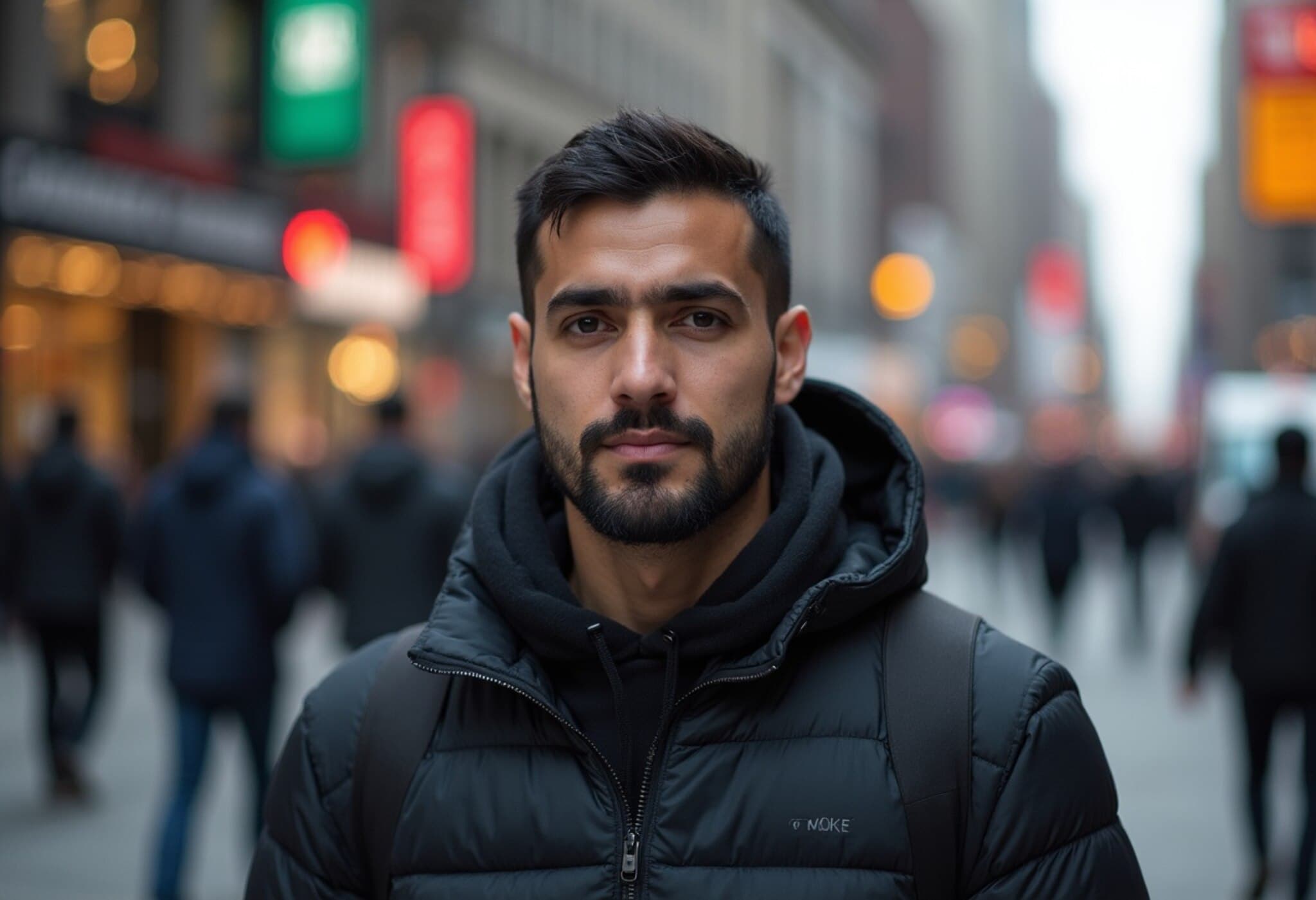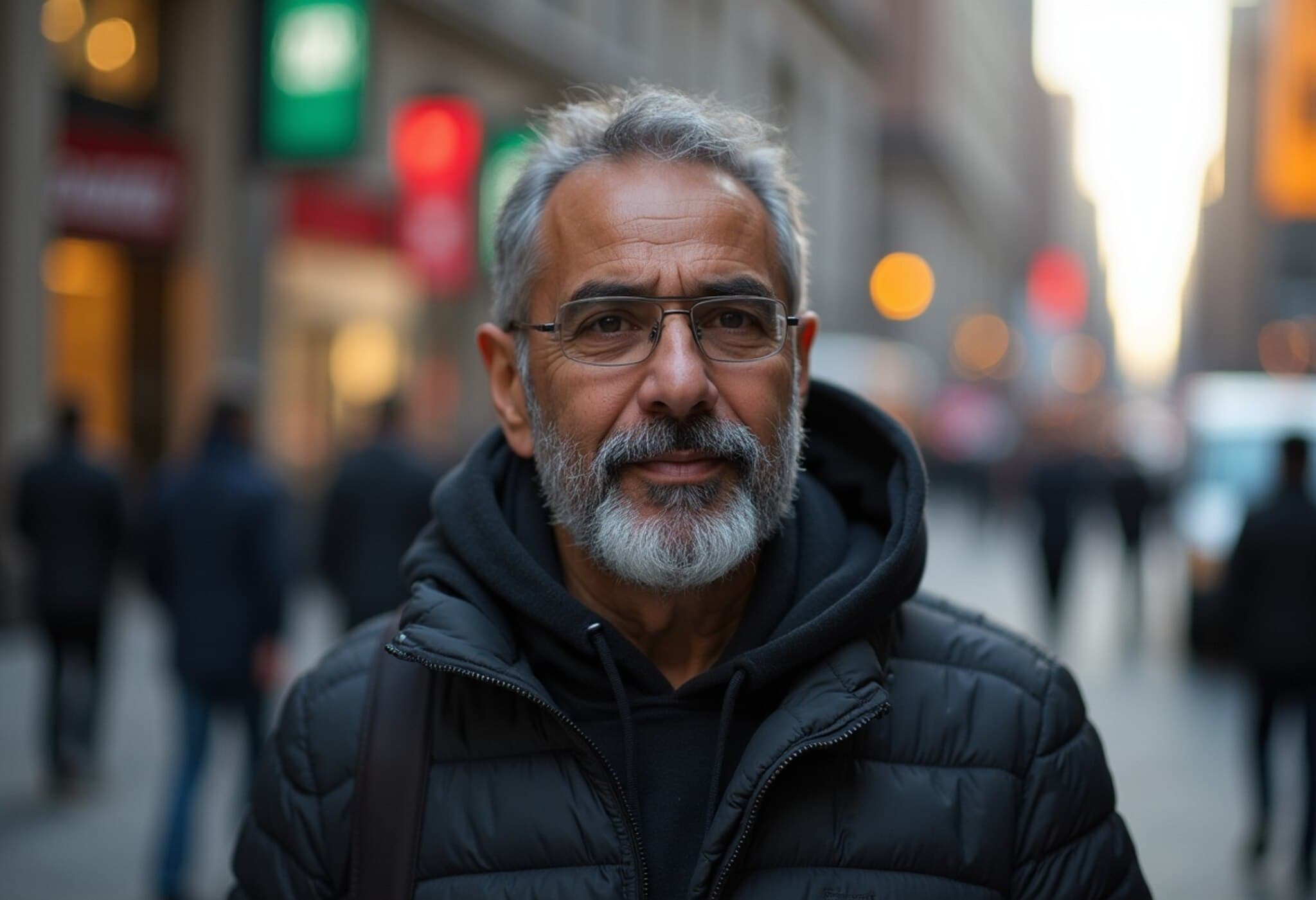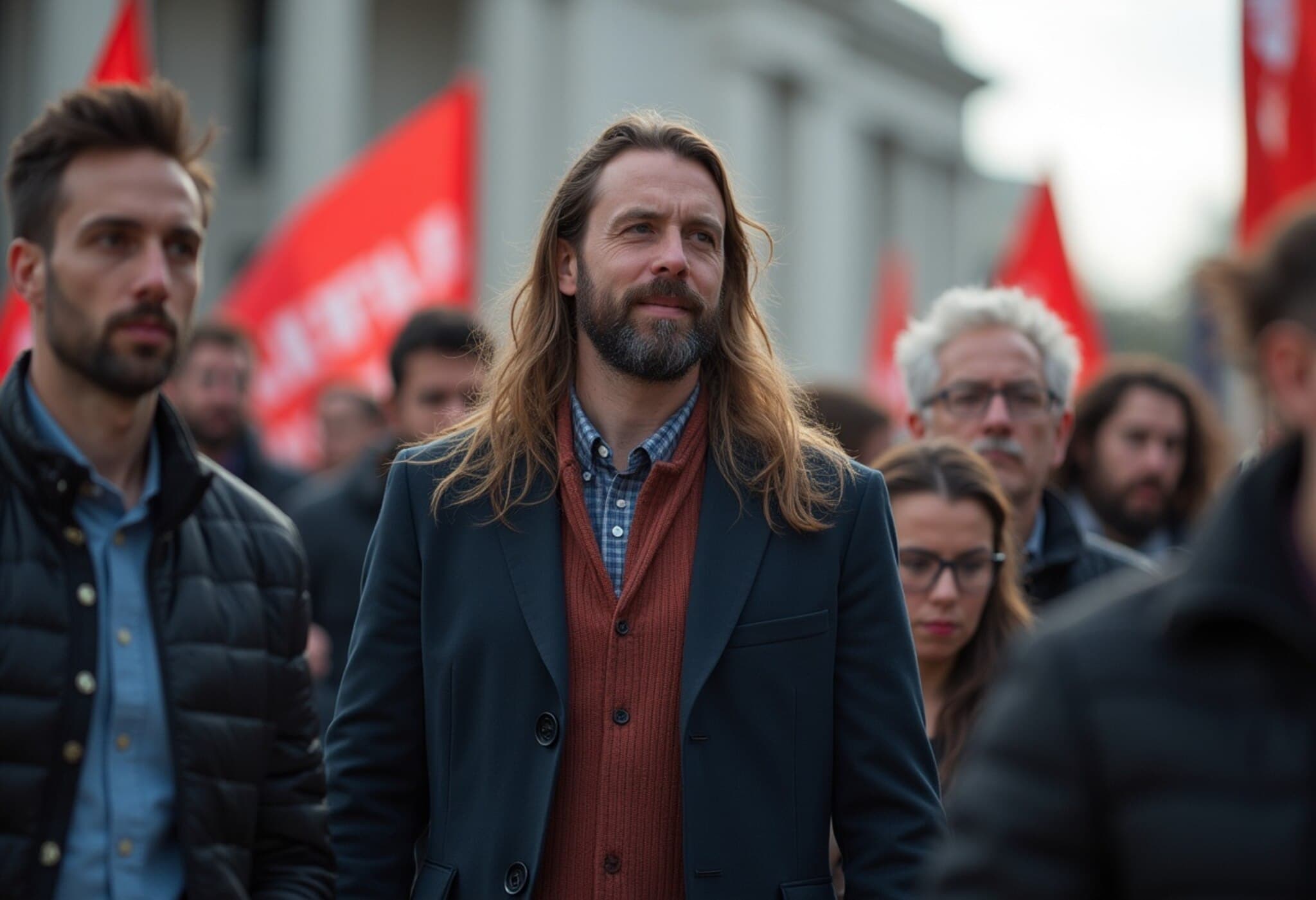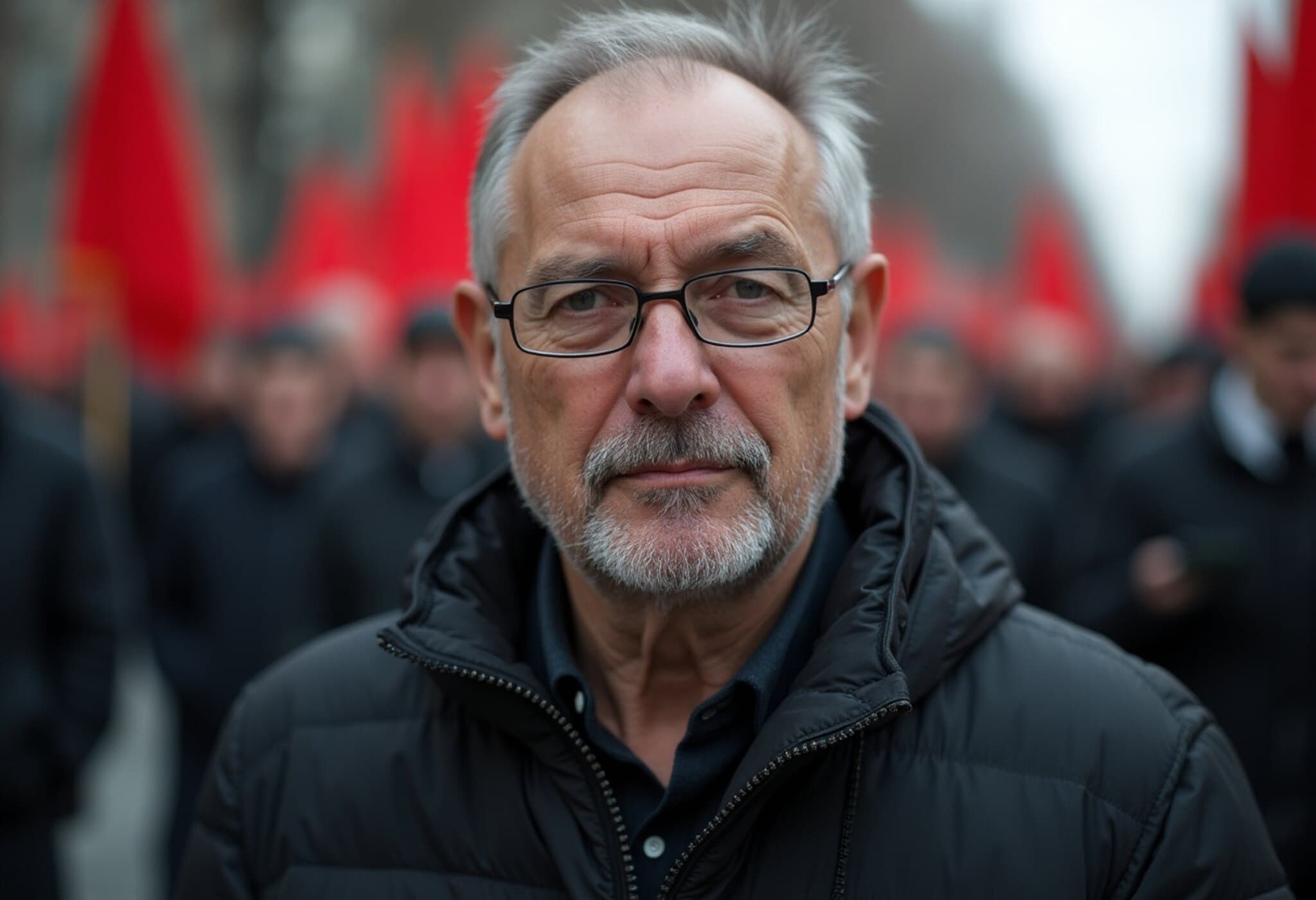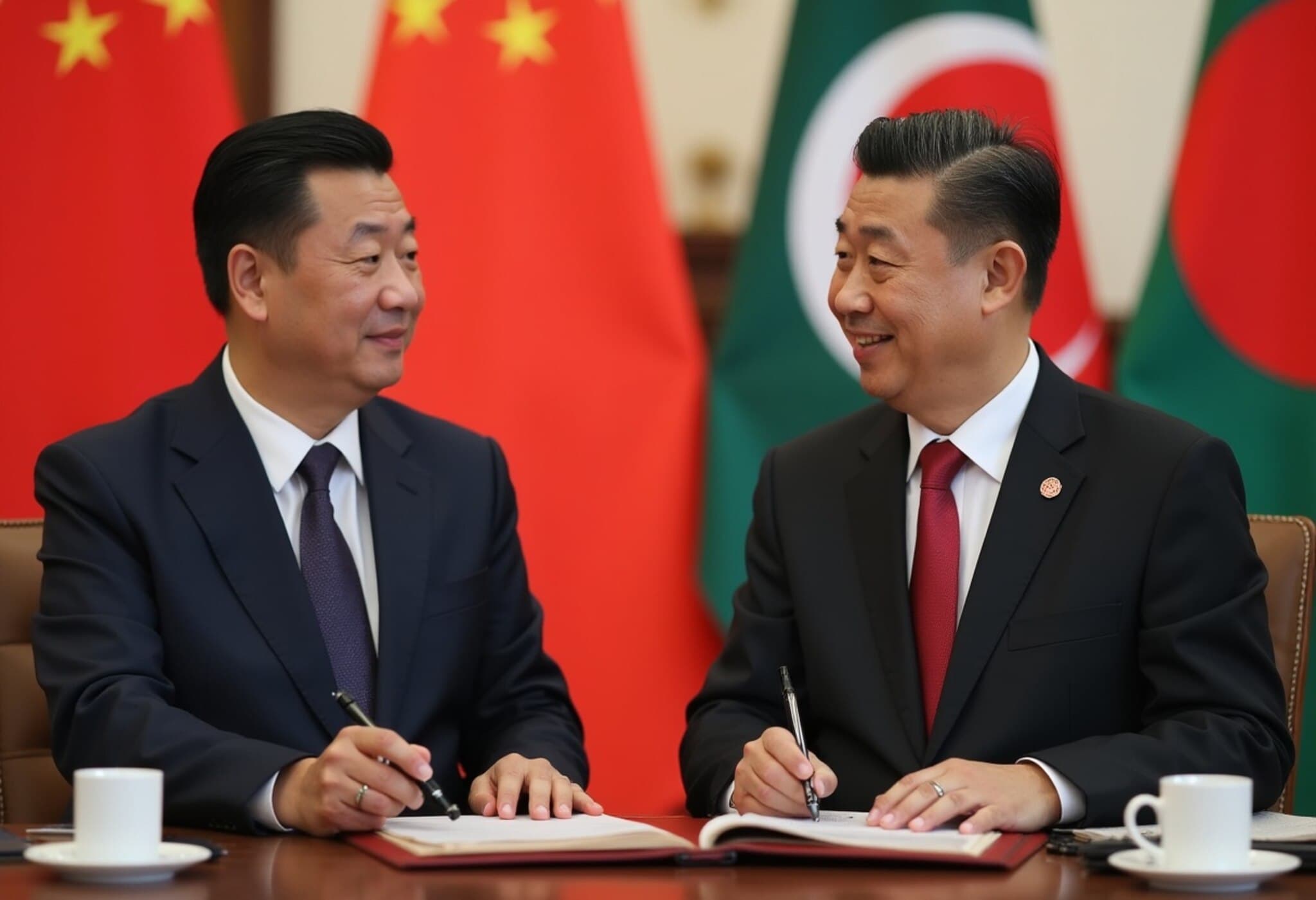Mahmoud Khalil’s Journey: From Refugee to Activist Spotlight
Mahmoud Khalil, a Palestinian activist and former Columbia University graduate student, recently emerged from federal immigration detention after spending 104 days behind bars. His detention followed his vocal protests against Israel’s military actions in Gaza, sparking national conversations about free speech, immigration rights, and the crackdown on campus activism in the United States.
Roots in Conflict and a Remarkable Path
Born in Damascus in 1995 to Palestinian refugee parents, Khalil’s early life was shaped by turmoil. At age 18, amid Syria’s escalating civil war, he fled to Lebanon. There, he taught himself English, pursued computer science studies, and aided Syrian refugees. His dedication to justice took him beyond borders, with roles at the British Foreign Office and the United Nations agency dedicated to Palestinian refugees. In 2023, his journey brought him to New York City as a graduate student at Columbia University’s School of International and Public Affairs.
A Leading Voice on Campus
At Columbia, Khalil quickly became synonymous with the student protest movement demanding that the university divest from companies connected to Israel's actions in Gaza. As a prominent leader of Columbia University Apartheid Divest (CUAD), he stood at the forefront, unmasked and unafraid, voicing the cause openly on microphones and before cameras. His visibility made him an unmistakable symbol of campus dissent.
The Arrest and Detention
Despite not being arrested during protests, Khalil was detained on March 8 at his Manhattan apartment by federal agents. Though a legal US resident holding a green card, authorities sought to deport him, accusing him of misrepresenting facts on immigration forms—charges he firmly denies. Officials also cited his activism as a factor in their pursuit.
US District Judge Michael Farbiarz criticized the government’s case, underscoring that Khalil posed no flight risk nor threat to the community and had never been linked to violence. Yet, the Department of Homeland Security immediately contested the ruling, signaling potential for a prolonged legal struggle.
Personal Toll and Family Struggles
The detention deeply affected Khalil’s family. His wife, Dr. Noor Abdalla, gave birth while he was confined, and the couple had yet to meet their newborn. She described the ordeal as a "nightmare," acknowledging that the recent court decision offered only a partial measure of justice.
What Lies Ahead for Khalil
Although released, Khalil faces travel restrictions. He must surrender his passport and cannot leave the country, though limited domestic travel is permitted for court dates and family visits. The threat of deportation under new grounds looms, and the legal battle may continue. Yet, Khalil remains resolute.
Reflecting on his experience outside the detention facility, he remarked, “This country claims to champion liberty and human rights, but my experience has shown me another reality. Still, I believe justice will prevail.”
Legacy and Broader Implications
Mahmoud Khalil’s case has sparked widespread debate about the intersection of activism and immigration enforcement in the US, especially under political administrations scrutinizing dissent. His story highlights the complex challenges faced by immigrant activists and underscores ongoing tensions between civil liberties and national security policies.

